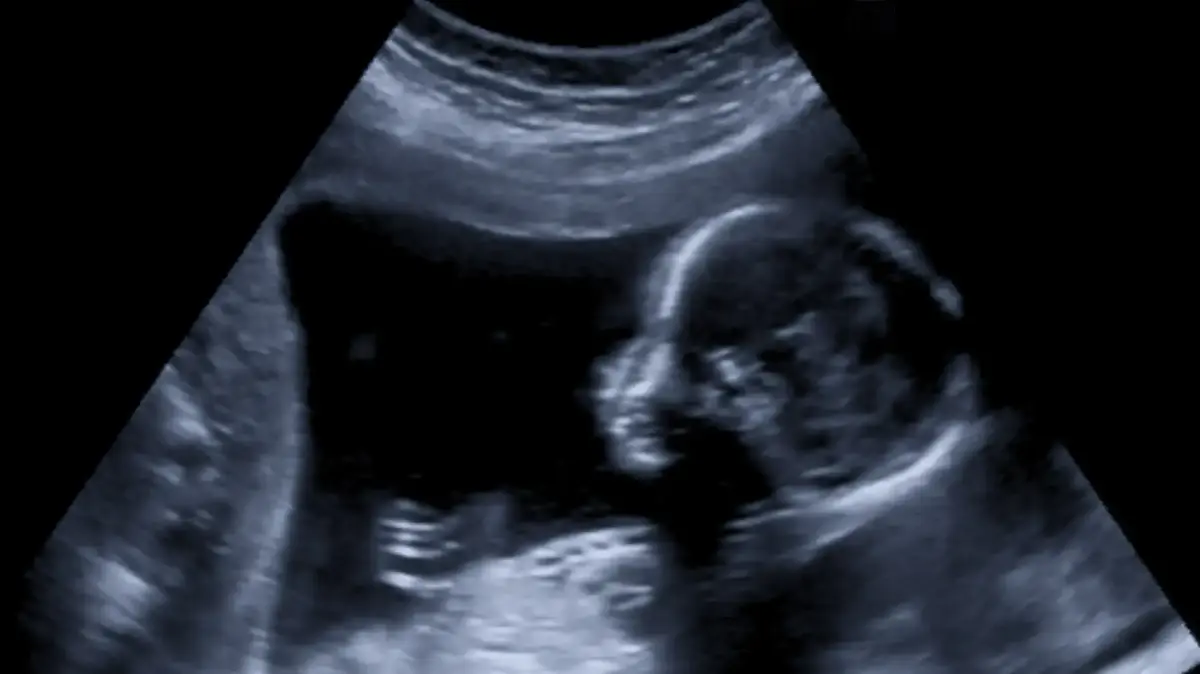health
news
Two children died in the US after being infected with a brain-eating amoeba
Concerns in the US following a backlog of cases of brain-contagious amoeba infection contaminating freshwater bodies such as lakes, rivers and even swimming pools. Infection with this amoeba almost always ends in rapid and tragic death
Tags
amoeba
brain
Walla!
health
Monday, 14 September 2020, 08:47
Share on Facebook
Share on WhatsApp
Share on general
Share on general
Share on Twitter
Share on Email
0 comments
The pharmaceutical giant has suspended the corona vaccine trial ...
Gamzo: Imposition of the curfew - a difficult decision, apologize to the residents ...
A toddler cooks with Grandma
A trick for anesthetizing a crying baby
The Constitution Committee discusses the outline of the traffic light, Mayor Elad: No ...
Moshik Arbiv - Iris Geyer
Without masks and without keeping distance: a mass pool party ...
Putin: We developed the world's first vaccine against ...
PM Netanyahu in a brief update from the Cabinet ...
Opponents of Corona's restrictions stormed parliament ...
Following the suspicion of gang rape: Demonstration in Tel Aviv in protest ...
ShutterStock
In the video: An 11-year-old girl in the United States dies after being infected with a brain-eating amba while swimming in a lake
Two tragic cases of children dying from brain-eating amoeba have recently occurred in the United States: 6-year-old Josiah McIntyre of Texas died about a week after she fell ill, and 13-year-old Tanner Lake Wall of Florida died a few days after swimming in a lake where she apparently contracted amoeba. .
Both of these cases were reported shortly after another case of a 44-year-old man who became fatally ill after contracting the same amoeba following swimming in an indoor pool.
The report was received from doctors at Santa Clara Valley Medical Center, but did not specify where that man's case was diagnosed or where he was being treated.
More on Walla!
NEWS
Study: Corona virus can survive on salmon for a week
To the full article
In all three cases, the amoeba was found to be of the genus Naegleria fowleri.
It is a unicellular organism that usually lives in freshwater bodies, such as lakes, rivers and hot springs.
It is also sometimes found in swimming pools where the chlorine level and maintenance are not properly maintained, or in contaminated tap water.
Most often the infection in this amoeba occurs through the nose, from there it travels to the brain, where it forms meningitis.
Infection occurs through the nose, from where the amoeba migrates to the brain.
A boy jumps into a lake (illustration: shutterstock)
Inflammation affects the central nervous system and causes inflammation and destruction of the brain and the tissues that surround it.
Deterioration due to amoeba infection is rapid and very severe.
Patients usually die about five days on average after infection.
Although this is a rather appalling scenario, certainly when reporting a relatively close collection of 3 such different cases, a report by the U.S. Centers for Disease Control and Prevention (CDC) from 2018 states that this is a fairly rare matter. -16 people following N. fowleri amoeba infection, and most are not diagnosed at all until after death.
The 44-year-old contracted a swimming pool
In the case of the 44-year-old man, he arrived at the emergency room suffering from a cough and confusion.
His symptoms had started the day before, and an interview revealed that he had swum 5 days before the onset of symptoms.
The temperature measured for him was 39.8 degrees and his heart rate was 120 beats per minute.
"He did not respond to questions asked by the doctors nor did he blink when his instincts were tested. However, reflexes originating from the brain stem were not harmed in him - he responded to a stimulus of pain in the limbs," the report said.
Initially, doctors treated him with appropriate antibiotics For the treatment of bacterial meningitis, but while his body temperature improved, his cognitive status remained unchanged. Further tests revealed that the source of the infection was Bamba N. fowleri. "This condition is almost always fatal, although a few rare cases of surviving patients have been described. "The doctors wrote in the description of the case. However, this was not the case for the same patient, who died in the hospital 5 days after he was hospitalized.
Infection with this amoeba is almost always fatal, known only to 5 people who survived it.
An adult's hand holding a hospitalized child's hand (illustration: shutterstock)
More on Walla!
NEWS
This is how you will take advantage of what is left of this shocking year
Russian, English and Israeli - everything that was renewed with the Corona vaccines this week
Is honey really healthy or is it just grandma's medicine?
Get a good night's sleep: The method that will help you get rid of snoring quickly
In the case of 13-year-old Tanner Lake Wall from Florida, he became infected due to swimming in a lake.
His parents told a local news network he was swimming in a lake near a campsite a few days before he fell ill.
Tanner suffered from nausea, vomiting and headaches as well as neck stiffness.
At first, doctors thought he had a strep throat.
His parents, who were not quiet with this diagnosis, took him to another clinic, where he was connected to the soul machine and later we were also diagnosed that he was infected with amoeba N. fowleri.
"They told us: 'We are sorry to inform you of this, but your son does not have a bacterial meningitis, but a parasitic amoeba that has no cure,'" Tanner's father, Travis Wall, recalled.
Tanner was disconnected from the ventilators after showing no signs of brain activity.
6-year-old Josiah from Houston fell ill in early September, had a fever and nausea.
His mother Maria said that the doctors initially thought it was a viral infection.
But later they informed her that her son had contracted a brain-eating amoeba.
"There was only a slim chance, striving for zero, that he would survive. And I wish he was in that statistic. It was very difficult," she said in an interview with abc13 News.
Warming of water sources causes the brain-eating amoeba to spread to more northern water bodies.
N. fowleri amoeba (illustration: shutterstock)
CDC data show that infection with the amoeba N. fowleri is almost always fatal.
As far as is known, only 5 people in North America were able to survive infection with this amoeba.
The last case that did not end in death was in 2016 in the U.S. In that case the patient, a 16-year-old boy, was quickly diagnosed, just hours after arriving at the hospital.
Earlier this year it was reported that the presence of the amoeba N. fowleri in U.S. waters is on the rise.
Epidemiologist Jonathan Yoder of the CDC was interviewed by Insider in June and said that in the first decades since they began monitoring this amoeba it was only found in water bodies in the southern U.S., "but in the last decade we have identified cases of amoebae infection in some northern states." "In like Minnesota, Indiana, Missouri. These are areas we have not seen cases of this amoeba in the past."
He added that the risk of the presence of this amoeba in additional water bodies will increase as the water temperature continues to climb in the northern countries as well.
Share on Facebook
Share on WhatsApp
Share on general
Share on general
Share on Twitter
Share on Email
0 comments




/cloudfront-eu-central-1.images.arcpublishing.com/prisa/WQOVISKP7NAP5N67EGVOIAZVVI.jpg)




/cloudfront-eu-central-1.images.arcpublishing.com/prisa/ZNWW3TXOH3G72KGO57EMK3VL3E.jpg)





